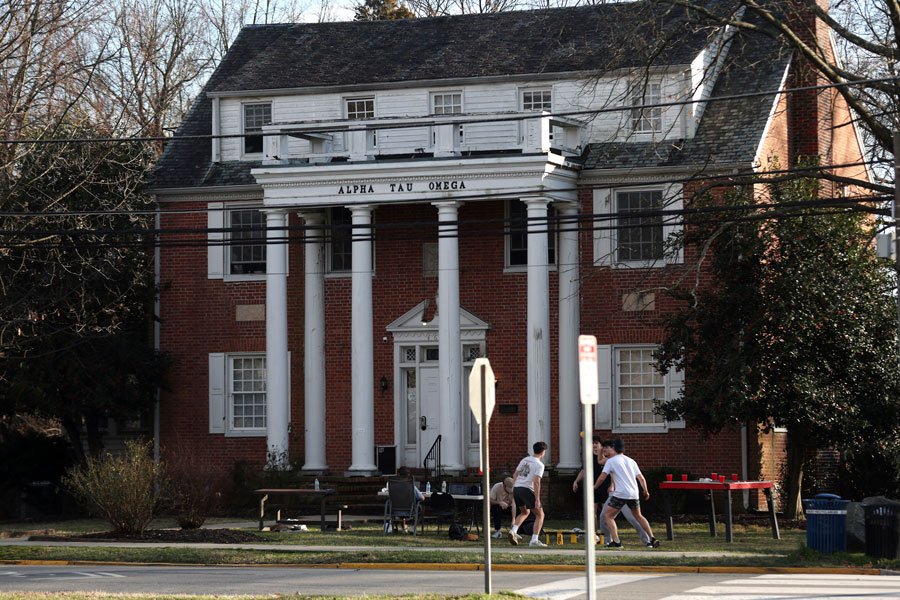Challenging the Suspension of Greek Life
Several fraternities at the University of Maryland have taken legal action against the institution and its leaders by filing a federal lawsuit, contesting the indefinite halt of Greek life activities imposed by the university. This lawsuit was submitted to the U.S. District Court in Greenbelt, Maryland, arguing that the suspension infringes on the fraternities’ constitutional rights including freedom of speech, association, and due process. The fraternities are pushing back against what they see as a blanket restriction that affects their ability to operate normally and communicate freely.
Contentions Over Free Speech and Due Process
The legal complaint details grievances against specific actions taken by the university, such as the no-contact order given to leaders within the Greek community, which the fraternities say severely restricts their communication rights protected under state law. The document asserts that the university’s measures amount to “content-based restriction on speech” and “unconstitutional viewpoint discrimination,” effectively sidelining certain opinions from the public discourse. These allegations highlight the tension between university governance and student organizations’ rights to self-regulate and express themselves.
Seeking Judicial Intervention
In response to the perceived overreach by the university, the fraternities have requested a temporary restraining order from the court. This motion seeks an immediate hearing and decision to prevent the university from enforcing the suspension and further violating their rights to free speech and association. This legal challenge is a reaction to earlier reports that led the university to suspend activities of 21 fraternities and 16 sororities, citing concerns over the safety and well-being of its community members as detailed in a notice from the Office of Student Conduct and the Department of Fraternity & Sorority Life.
Ongoing Investigation and University Response
The university has initiated a thorough investigation into the allegations of unsafe practices within its Greek life community, promising to evaluate the future of these organizations upon conclusion of its inquiry. While the university maintains that its actions are in line with its policies emphasizing student safety, it has chosen not to comment directly on the ongoing legal proceedings. Meanwhile, fraternity legal teams have yet to make a public response to the situation. This lawsuit underscores the complex dynamics between student rights and institutional responsibilities, setting the stage for a potentially significant legal and educational precedent.
